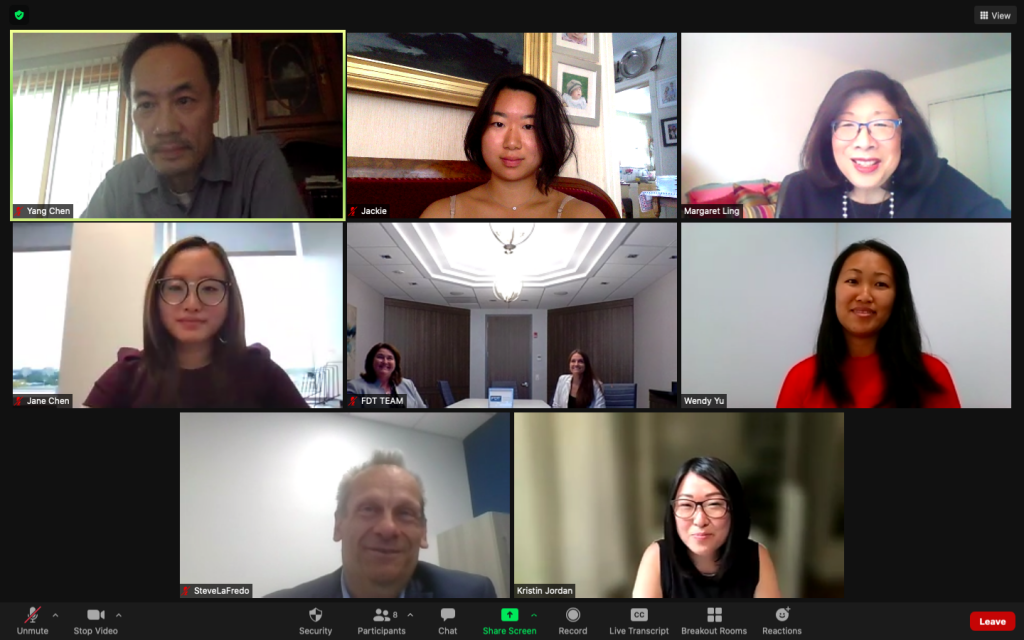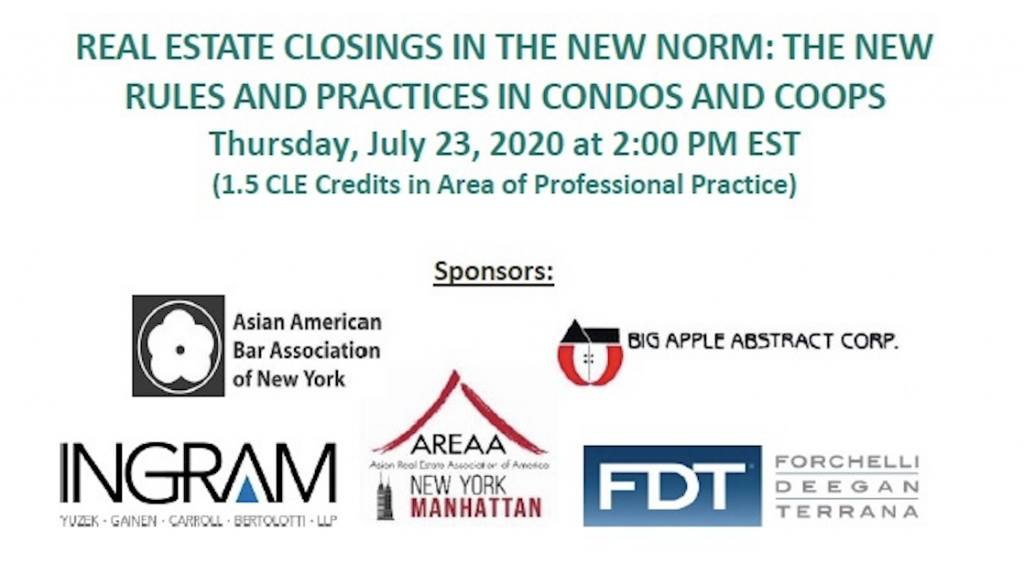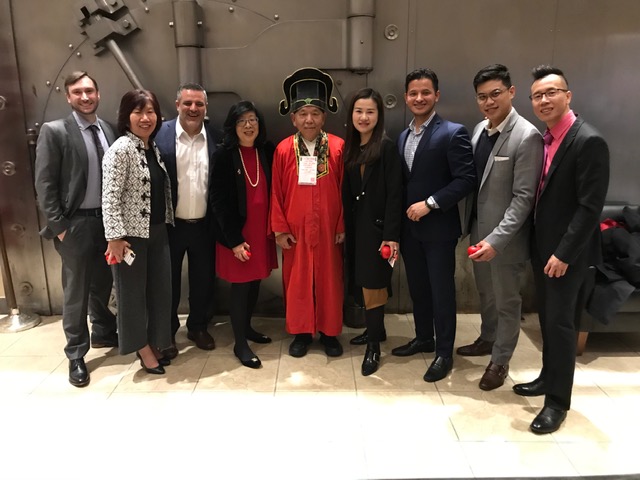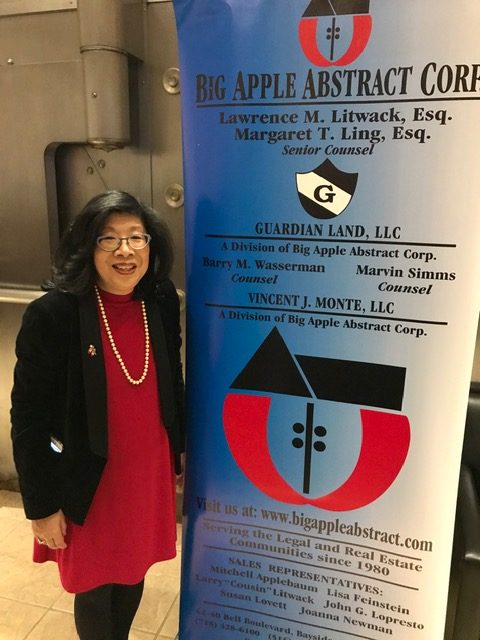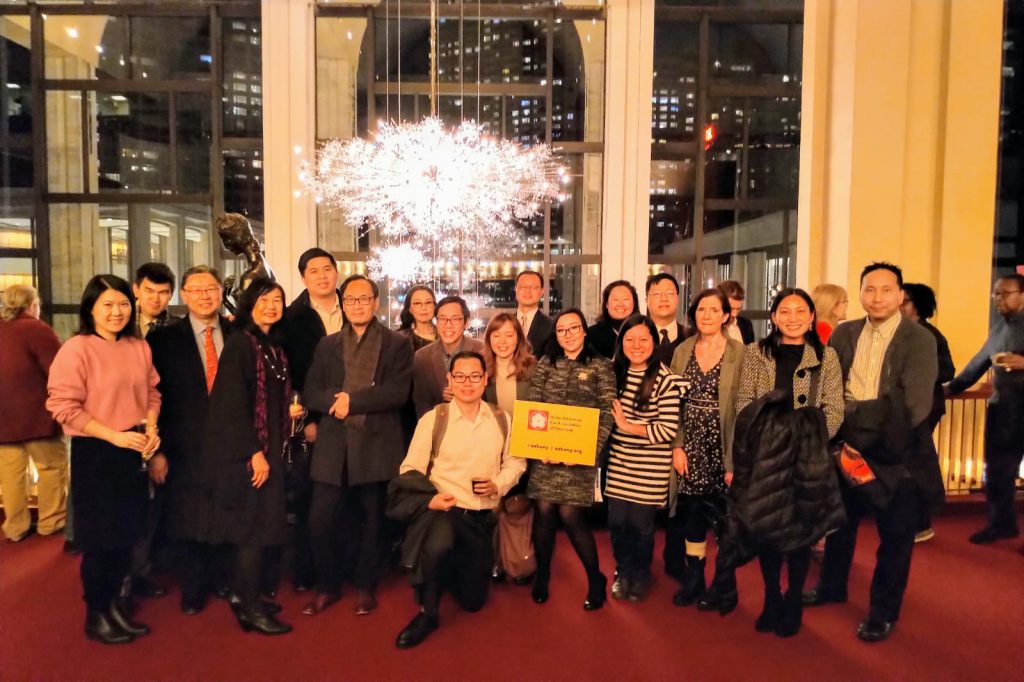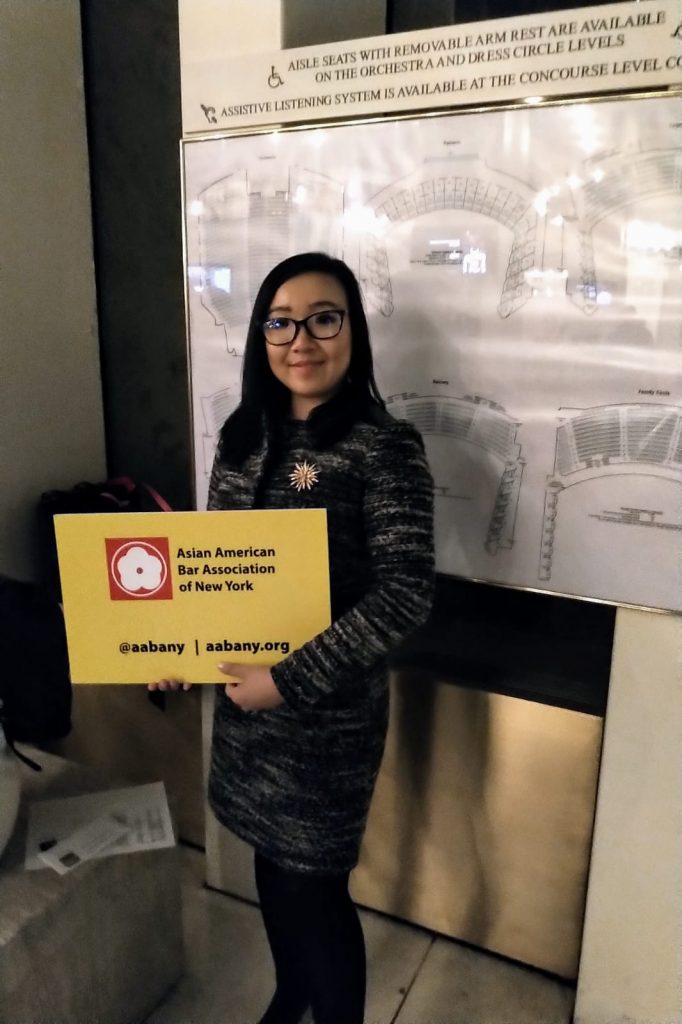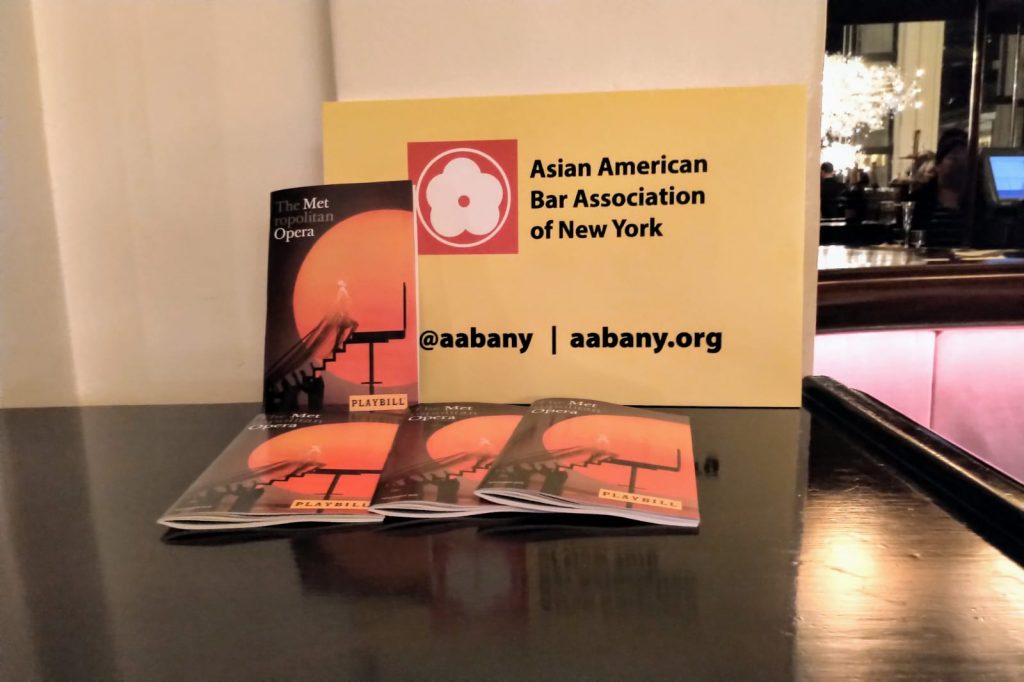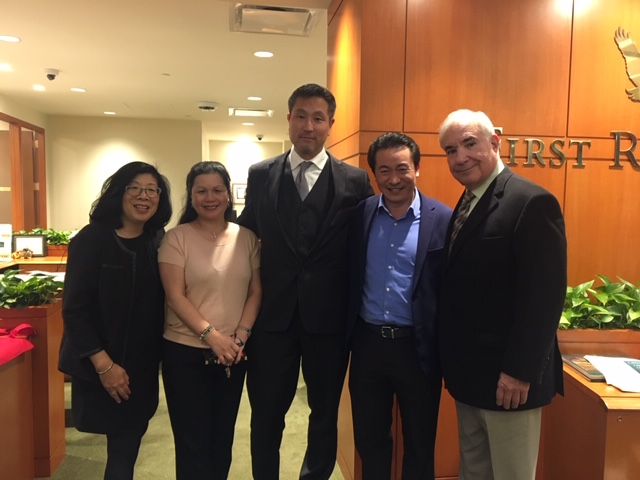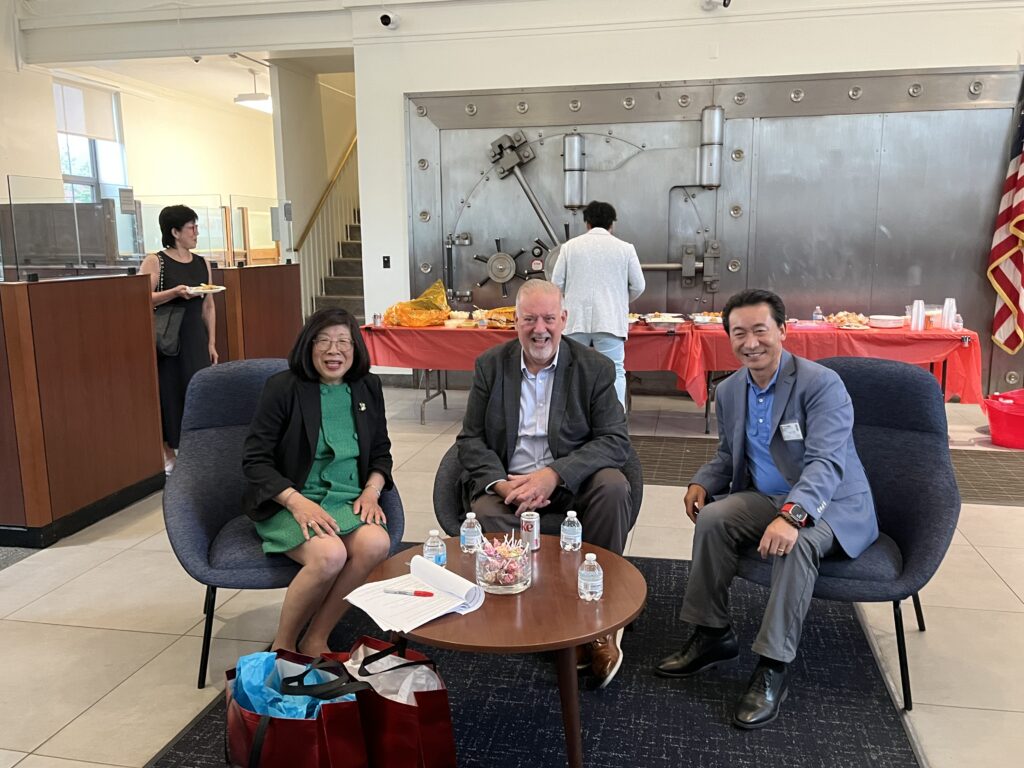
On June 26th, 2025, at JP Morgan Chase Bank in Bayside, AABANY’s Real Estate Committee hosted their “What’s Happening in Queens” networking event, which brought together a variety of people interested in making meaningful connections in the Queens real estate scene. As people entered, they were encouraged to leave their business cards and enter a raffle whose winners would be announced later that night. Lucky attendees would win goodies such as AmTrust umbrellas, blankets, or water bottles. There was a light buffet set up on the main space of the bank, allowing people to converse while eating an assortment of Italian and Chinese dishes.
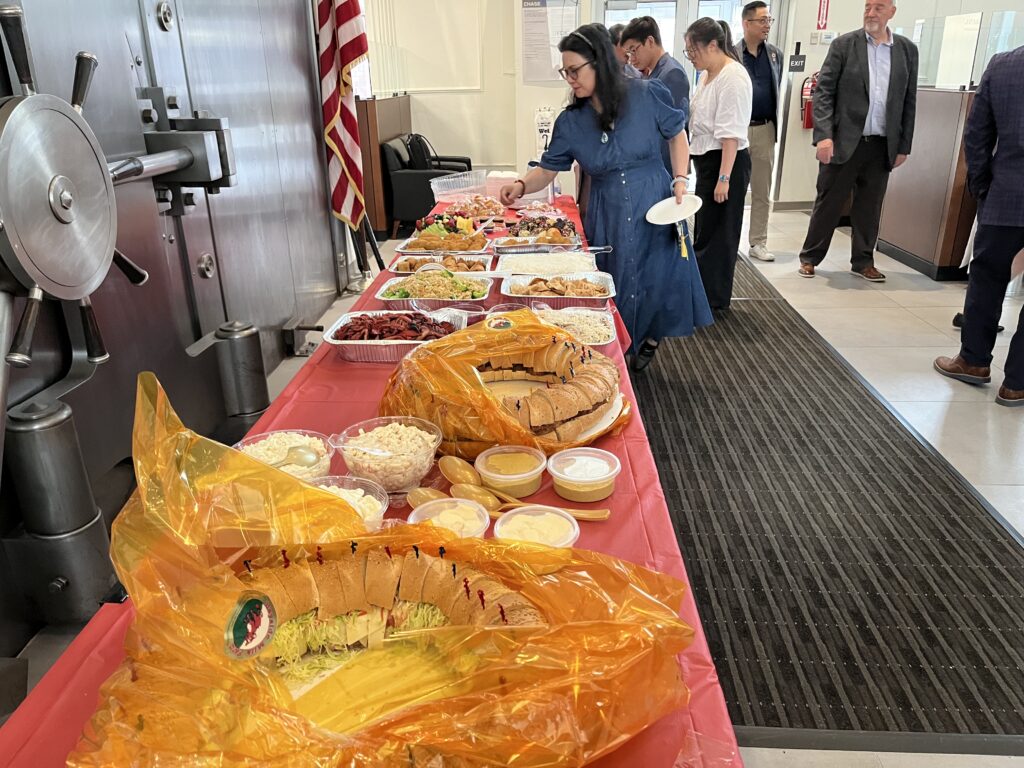
Approximately 25 attendees were able to forge new connections with each other and reconnect with old friends. Those with an established presence in the Queens real estate scene were able to enlighten emerging professionals with advice on their future career paths through explaining their own journeys and current professions. Professionals specializing in various sectors, from real estate insurance law to real estate capital management, were able to network and converse.
The event featured a fireside chat with Thomas Grech, President & CEO of the Queens Chamber of Commerce, and George Xu, the President of Century Development Group LLP, moderated by Real Estate Committee Co-Chair Margaret Ling. Tom shared some remarkable stats about Queens, and most notably mentioned that Queens is considered one of the most diverse urban areas in the world. Tom talked about new developments in real estate happening in Queens, such as the new casino and soccer stadium being built in Queens near Citi Field. Tom also talked about how the Queens Chamber of Commerce is now the most diverse chamber in New York. Tom spoke highly of his diverse staff which speaks 18 languages, and how they help communicate with small business owners. Margaret praised Tom for how he helped small business people especially during the pandemic.
Margaret then turned to George, who is behind the exciting opening and development of multiple new hotels in the heart of Flushing. George talked about opening hotels such as The Westin Flushing LaGuardia Airport and the Four Seasons by Sheraton Flushing. He also talked about how the opening of these hotels would help local businesses by economically revitalizing the area.
Margaret concluded the fireside chat by thanking everyone for coming out and encouraging people to network afterwards. Tom and George thanked Margaret for the talk and for giving back to the community. Margaret, aside from her position at AmTrust as New York State Underwriting Counsel, helps teach underprivileged kids golf at First Tee in New Jersey. She emphasized that her most important motivator was teaching kids how to be good people, which is her way of “giving back to the next generation.”
Margaret then announced the raffle winners to the eagerly awaiting audience. Afterwards, attendees continued chatting, networking, and enjoying food.
Thank you to AmTrust Title Group, JP Morgan Chase Bank, and the Korean American Lawyers Association of Greater New York (KALAGNY) for co-sponsoring this event. Thank you to Margaret Ling and the Real Estate Committee Co-Chairs for organizing this event. To learn more about the Real Estate Committee go here.




